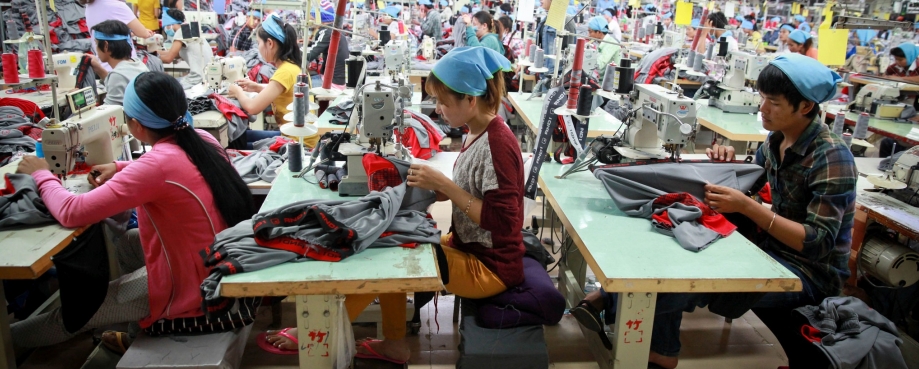
On 29 September, local Cambodian union leaders reluctantly agreed to accept an increase of just $2 to the $194 minimum wage for workers in the country’s garment sector.
This is well below the $204 wage that unions had sought, and even further from the $214 level that other campaigns were calling for. It is shocking to see that some employers were even calling for a reduction in the minimum wage level.
While COVID-19 has impacted economies worldwide, there is no doubt this impact has been felt hardest by those lowest paid and most vulnerable. As western markets bounce back and more regular consumption resumes, efforts must be made to ensure remuneration for workers along the supply chain progresses towards a living wage.
Minimum wages are a floor, not a ceiling. ETI would expect responsible brands to work with their suppliers and local unions to establish a clear plan to progress all wages towards a living wage. Even in an emerging economy like that of Cambodia’s, $194 does not enable a worker to meet their basic needs, let alone fully support their family and build resilience for the future. While this is an agreed minimum wage, we call on all responsible brands to demonstrate that they value the workers in their supply chain by ensuring that the factories from which they source pay a wage workers can live on.
Local union leaders stated that they “hope the minimum wage can be increased next year, when the pandemic is over”. ETI supports this call, and advises all responsible brands to leverage their relationships with suppliers and factories to make this hope a reality.
